Sen. Jeff Smith on health care access in the Chippewa Valley
By Frederica Freyberg | Here & Now
March 22, 2024 • West Central Region
State Sen. Jeff Smith, D-Brunswick, discusses the impacts of two hospital closures in Eau Claire and Chippewa Falls on patient care, emergency services and health care workers in western Wisconsin.
 Passport
Passport




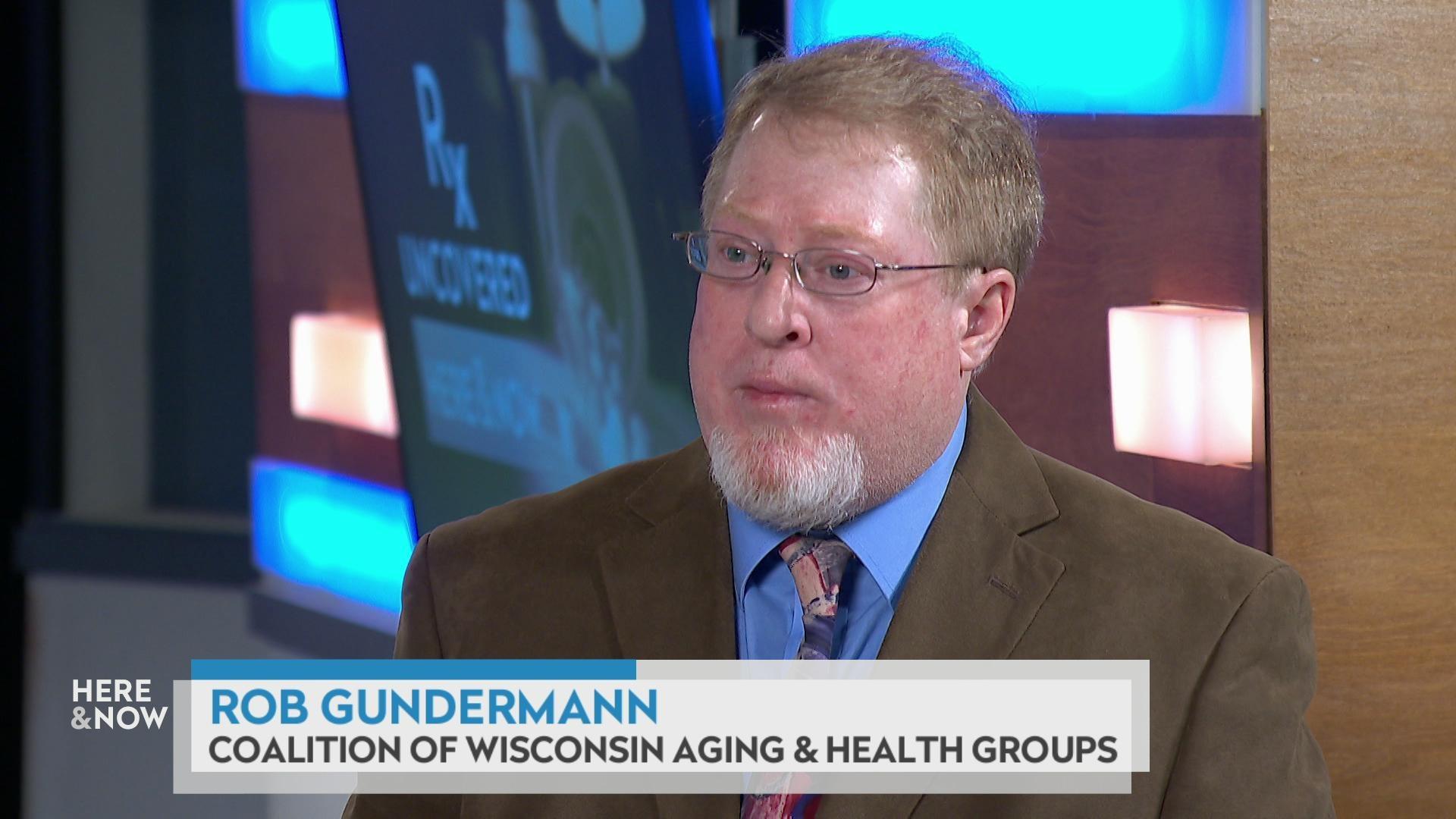
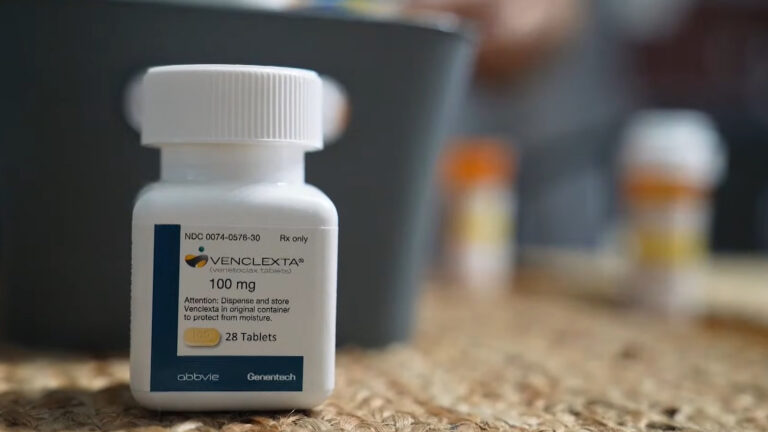
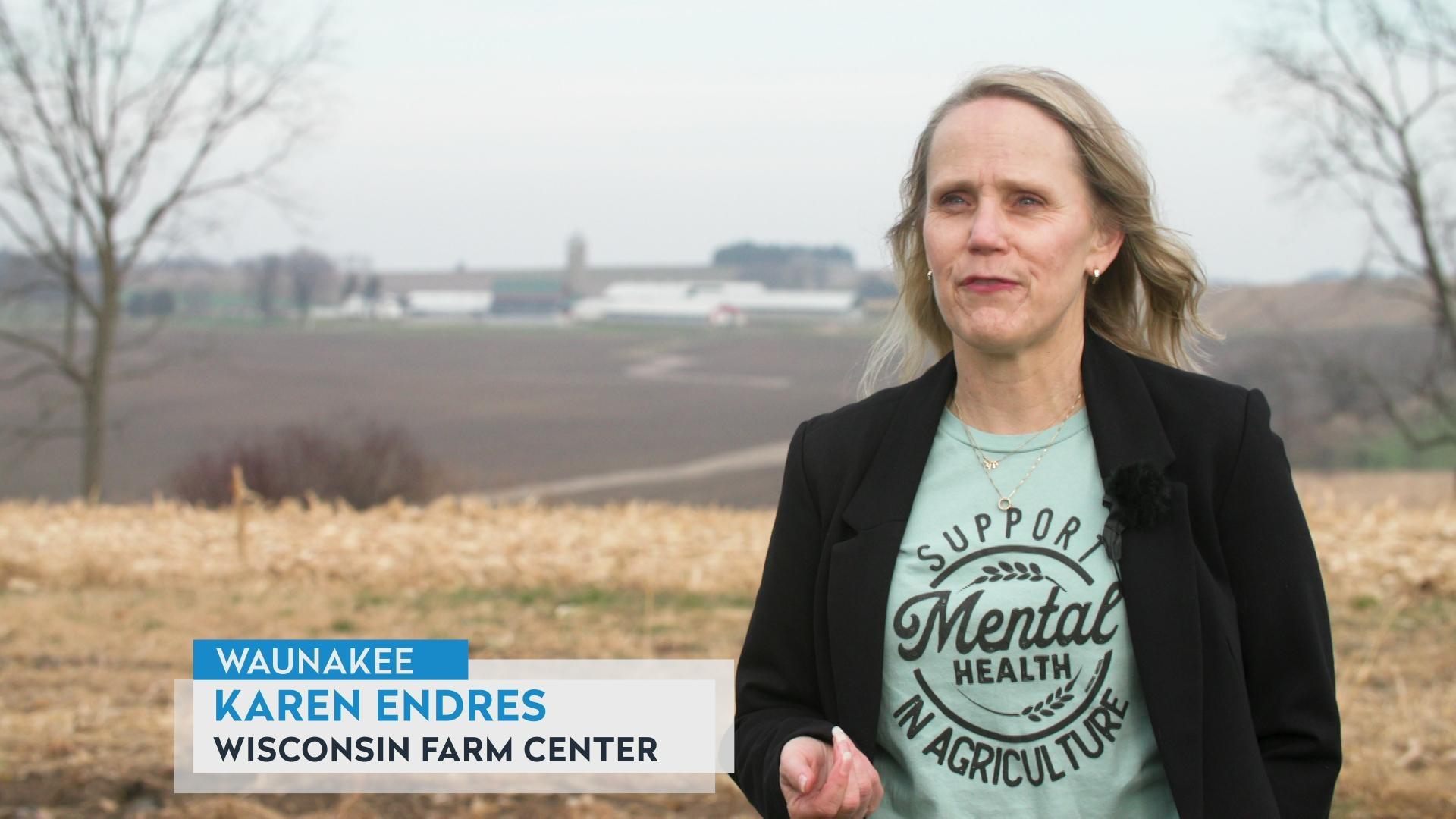
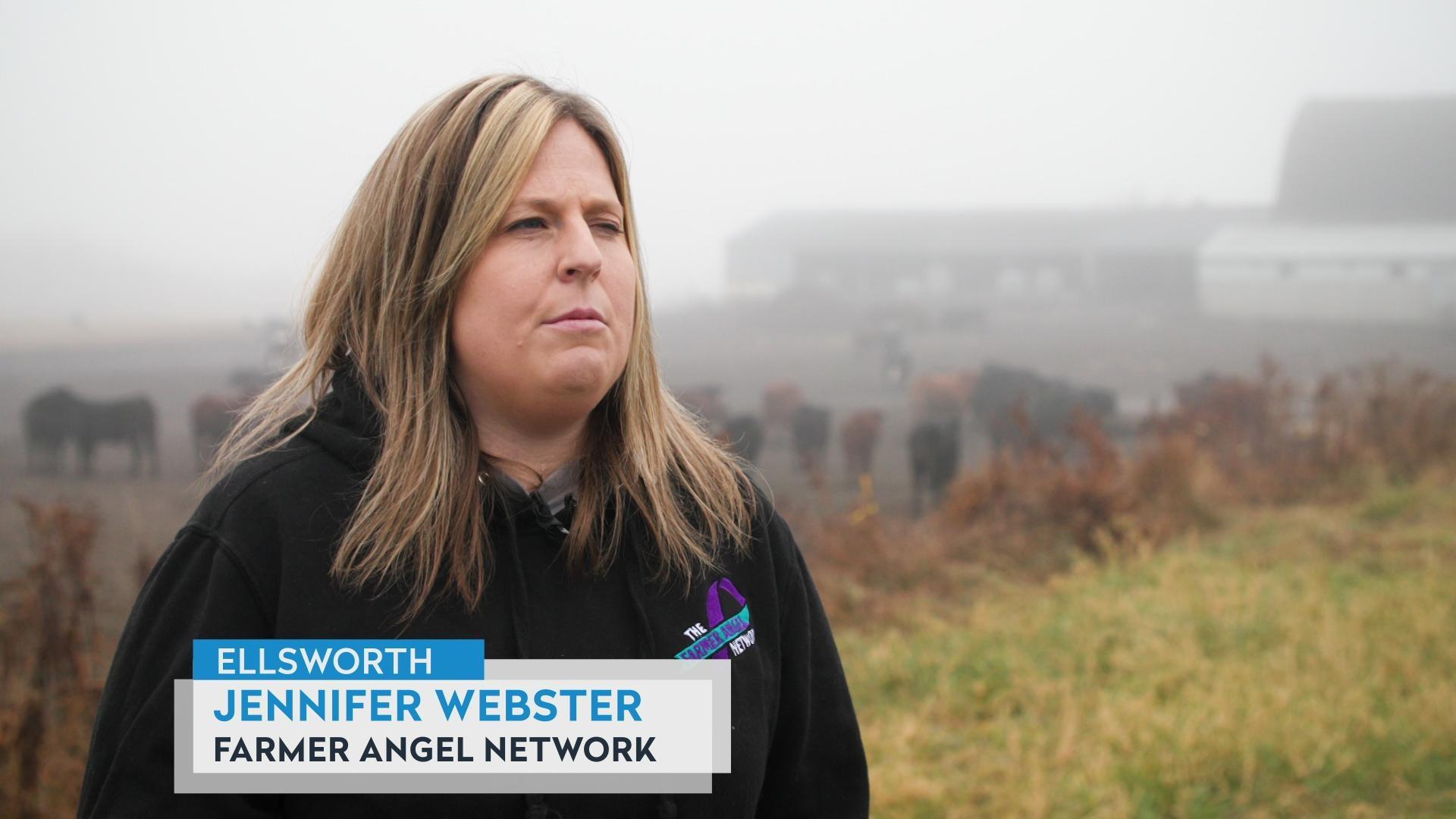
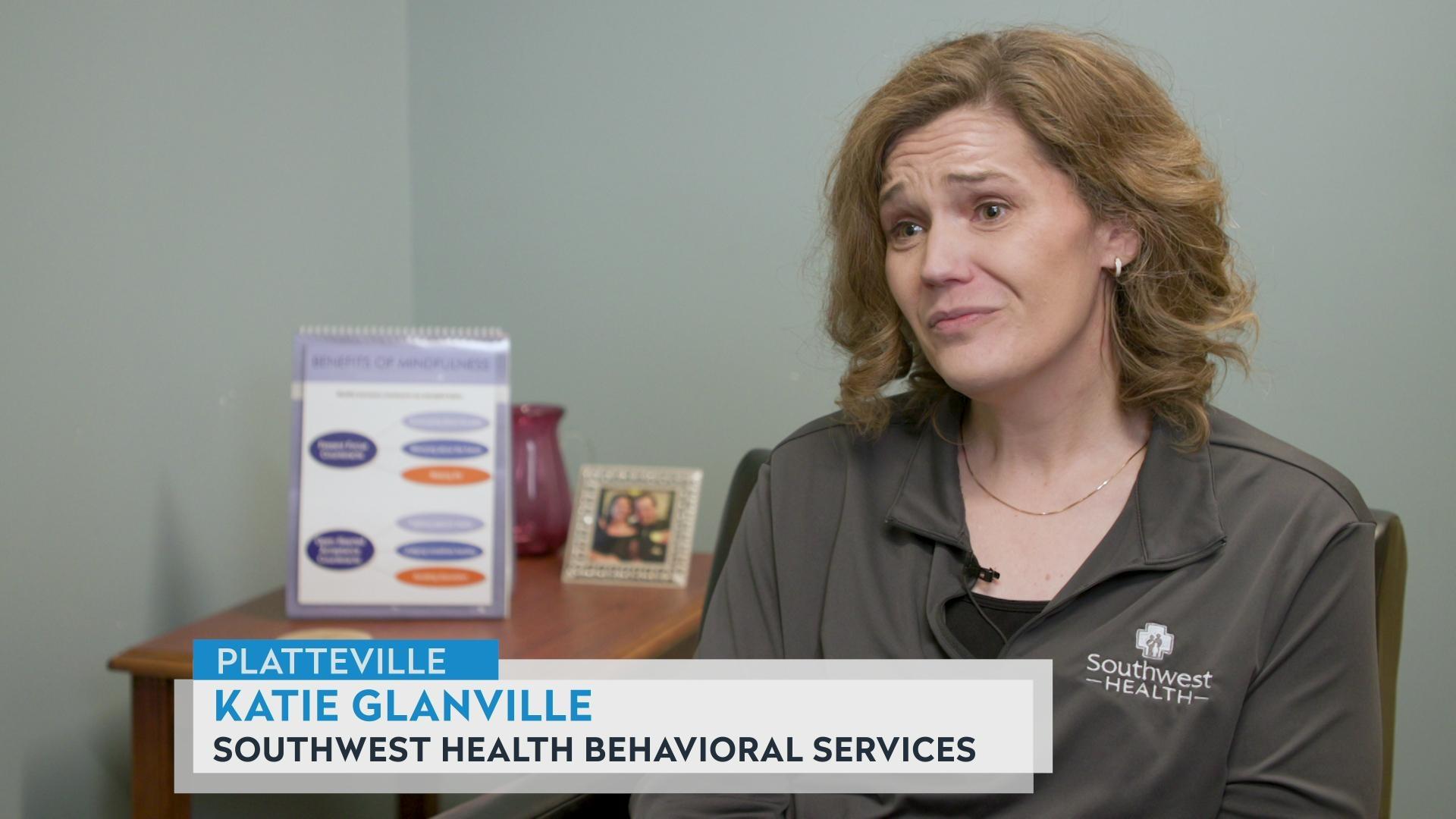


Follow Us